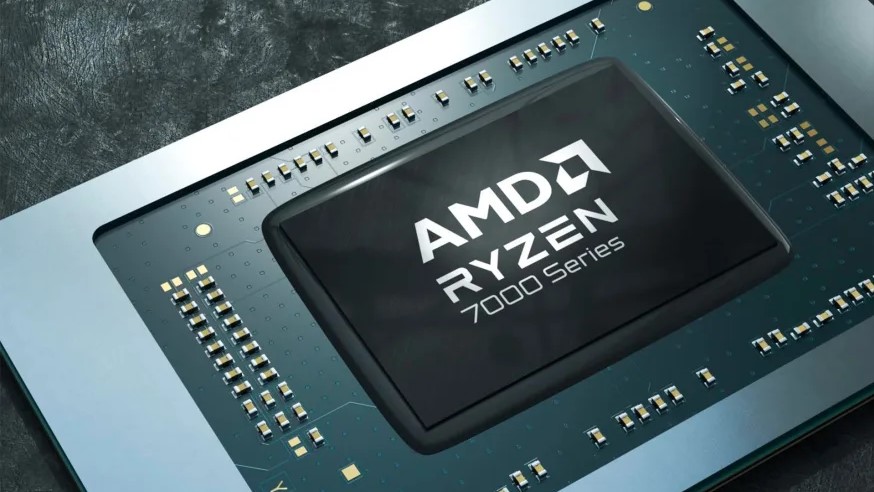Intel claims AMD is selling snake oil with its Ryzen 7000-series chips
Some seriously aggressive claims

The rivalry between Intel and AMD runs deep, with the two companies constantly vying to take the best processor crown. But few people would have expected the aggression contained in a new playbook presented by Intel, which insinuates that AMD is selling “snake oil” to unsuspecting customers.
The claims were made in a slide deck dubbed “Core Truths,” the main argument of which is that AMD’s CPU naming conventions may confuse consumers and disguise old architecture inside newer-seeming products.
For instance, Intel directly calls out the Ryzen 5 7520U chip, which it notes is built on Zen 2 architecture that debuted in 2019, despite the chip going on sale in 2022. Intel says its own comparable chip (the Core i5 1335U) is 83% faster than the Ryzen 5 7520U, even though AMD markets its chip as containing brand-new tech.
Intel goes beyond merely arguing that this is misleading, instead putting it alongside images of a snake oil seller and a dodgy-looking used car salesman. The inference from Intel is clear: AMD's product-naming is intentionally confusing and could end up bamboozling buyers.
Does Intel have a point?

It’s hard to argue that Intel’s slide deck is entirely over the top. AMD’s CPU naming convention is somewhat confusing. It works like this: instead of differentiating CPU architecture by generation, AMD now says that all of its mobile chips fall under the latest Ryzen 7000 name.
The third number in the chip’s name denotes the architecture – the two in 7520U means Zen 2, for instance – but that departs from AMD’s long-held naming practices and could confuse buyers, who may see the seven and assume they’re getting a brand-new architecture.
But Intel itself doesn’t have entirely clean hands. The company’s (just released) 14th-generation desktop chips are essentially refreshed 13th-generation Raptor Lake processors, while the upcoming Core 100 series is rumored to also recycle Raptor Lake parts.
Get daily insight, inspiration and deals in your inbox
Sign up for breaking news, reviews, opinion, top tech deals, and more.
So yes, Intel does have a point in calling out AMD’s confusing chip naming system, and we shouldn’t ignore that. But it might be seen as a somewhat cynical play when Intel itself has been guilty of incorporating old architectures into new products. It just underlines the fact that when shopping for PC parts, you need to do your research to ensure you get exactly what you’re expecting.
You might also like

Alex Blake has been fooling around with computers since the early 1990s, and since that time he's learned a thing or two about tech. No more than two things, though. That's all his brain can hold. As well as TechRadar, Alex writes for iMore, Digital Trends and Creative Bloq, among others. He was previously commissioning editor at MacFormat magazine. That means he mostly covers the world of Apple and its latest products, but also Windows, computer peripherals, mobile apps, and much more beyond. When not writing, you can find him hiking the English countryside and gaming on his PC.